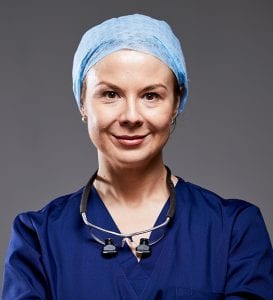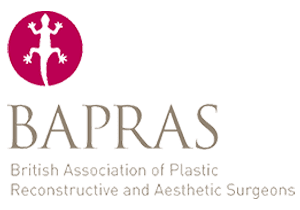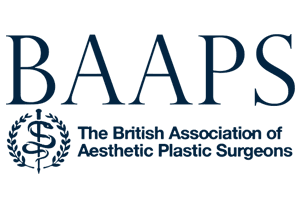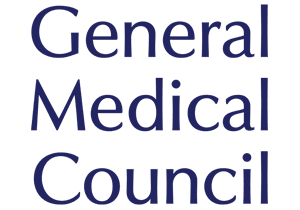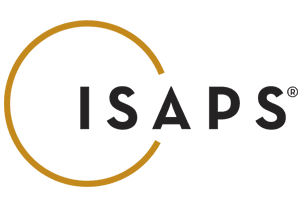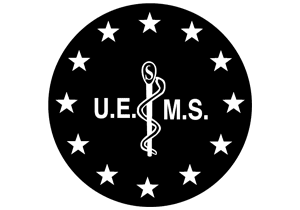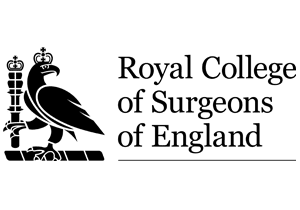If you’re not sure which facial procedure suits you, please browse the Face Conditions listed below for more information. If you have any questions or would like to book a consultation, please click here.
Table of Contents
Pre- and Post-Care Advice
Achieving optimal results from cosmetic procedures not only depends on the expertise of the plastic surgeon but also on the care taken before and after the procedure. Proper care can dramatically influence the success of a treatment, reduce potential risks, and aid in quicker recovery.
Pre-Care Instructions
- Consultation and Assessment: Before any procedure, a thorough consultation is essential. During this phase, Consultant Plastic Surgeon Anca Breahna will assess your medical history, discuss your aesthetic goals, and outline the risks and benefits of the proposed treatment. It’s a time for patients to ask questions and express any concerns.
- Medications and Supplements: You may be advised to avoid certain medications and supplements that could exacerbate bleeding, such as aspirin, ibuprofen, and vitamin E, for a specific period before and after the surgery.
- Skin Preparation: Depending on the procedure, you might be instructed to use particular skincare products or to avoid such products altogether. For example, treatments like chemical peels or laser resurfacing require preconditioning of the skin to ensure better results and reduced risks.
- Lifestyle Adjustments: Lifestyle factors such as smoking and alcohol consumption can affect recovery. Patients are generally advised to stop smoking and reduce alcohol intake several weeks before and after surgery to promote better healing.
Post-Care Instructions
- Immediate Aftercare: Post-operative care may include managing swelling with cold compresses, keeping the head elevated to reduce swelling, and taking prescribed pain relievers.
- Follow-Up Visits: Regular follow-up appointments are important to monitor the healing process and to ensure that you are recovering as expected. These visits also allow Anca to catch and manage early signs of complications if they arise.
- Wound Care: Proper wound care is essential to prevent infection and to ensure scars heal with the best possible aesthetic result. Instructions on how to care for wounds, when to change dressings, and signs of infection are typically provided.
- Long-Term Care: Long-term care instructions might include advice on sun protection, especially after procedures that make the skin more sensitive to sunlight, such as laser treatments.
FAQs about Face Conditions
FAQs about Cosmetic Facial Procedures
What are the recovery times for cosmetic facial procedures?
Recovery times can vary widely depending on the procedure. Non-invasive treatments may have no downtime, while surgical procedures like facelifts may require weeks of recovery before returning to normal activities. Recovery may also vary based on underlying face conditions, which can influence healing time and outcomes.
Are there any risks associated with cosmetic facial procedures?
As with any medical procedure, there are potential risks. These can range from minor issues like bruising and swelling to more serious complications such as infection or unsatisfactory results. Selecting a qualified and experienced surgeon minimises these risks, especially for patients with pre-existing face conditions.
How long do the results of different facial treatments last?
The longevity of results depends on the type of treatment. Injectables might last from six months to two years, while surgical interventions can have more lasting effects, potentially up to a decade or longer.
Can I combine different procedures for a more impressive result?
Many patients opt to combine procedures, such as having eyelid surgery at the same time as a facelift, for a more dramatic improvement. Anca can advise on the safety and effectiveness of combining procedures based on your specific conditions and aesthetic goals.
How do I know which procedure is right for me?
The best way to determine the most appropriate procedure is through a consultation with a plastic surgeon like Consultant Plastic Surgeon Anca Breahna. Anca can recommend options that align with your aesthetic goals and the practical aspects of recovery and cost.
What should I expect during the initial consultation?
During your initial consultation, Anca will evaluate your facial structure, skin quality, and discuss your aesthetic goals. This conversation helps to tailor a treatment plan that suits your needs and expectations. She will also explain the procedure, recovery, and potential risks.
Is anaesthesia required for all facial cosmetic procedures?
The type of anaesthesia used depends on the procedure. Minor treatments might use local anaesthesia, while more extensive surgeries often require sedation or general anaesthesia. Anca will provide guidance based on the procedure’s complexity and your comfort.
How can I maintain the results of my facial treatment?
Maintaining the results involves a combination of good skincare, healthy lifestyle choices, and regular follow-up appointments. Using medical-grade skincare products, avoiding smoking, and protecting your skin from sun exposure are crucial steps.
What is the best age to have a cosmetic facial procedure?
There is no ideal age for cosmetic procedures as needs vary by individual. However, starting treatments when signs of ageing begin to appear can be more effective for some procedures. Anca can advise on the best timing based on your skin condition and aesthetic goals.
How do I prepare for the day of the procedure?
Preparation for the procedure day typically includes fasting for a certain period if sedation or general anaesthesia is involved. It’s also recommended to arrange for someone to drive you home post-procedure.
What are the signs of complications I should watch for after my procedure?
Post-operative complications can vary but generally include excessive swelling, redness, pain that worsens over time, or signs of infection such as fever. Contact your medical team immediately if you experience any of these symptoms, particularly if you have any diagnosed face conditions that may impact healing.
